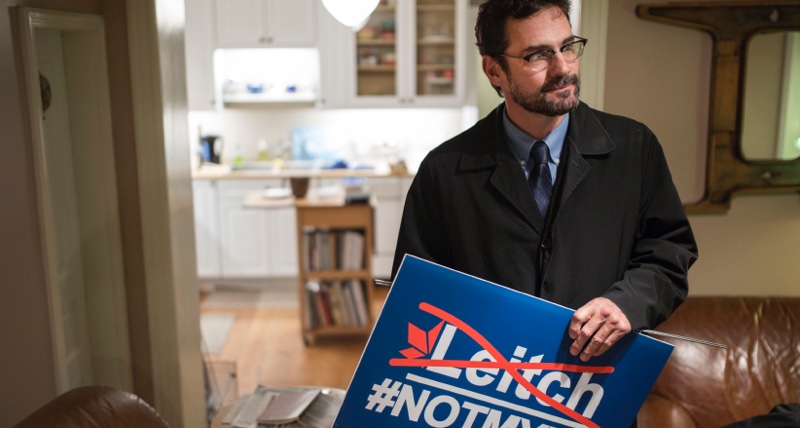Nick Kouvalis’ Fake News Is a Trap: Here’s What We’re Reading Today
The Daily 5 is Sharp’s essential reading list for what’s happening in the world today. Make sure to follow us on Twitter or subscribe to the Sharp Insider newsletter to stay up to date.
Here’s what we’re reading today.
1. Kellie Leitch’s campaign manager keeps spreading fake news – here’s why
“Kouvalis’s team is building a database of the negative reactions to his missives, then attempting to flush out real names from social media’s sea of anonymity.
“Those names will then be checked against the Conservative party’s membership list to see if anyone joined simply to vote against Leitch during the party’s nomination in May. If they did, the Leitch campaign will challenge the legitimacy of these memberships when the party releases the final membership list in April. ‘We call it Operation Flytrap,’ Kouvalis says.”
– Macleans
2. U.S. Justice Department to investigate FBI’s James Comey over pre-election letter
“The Justice Department inspector general’s office said on Thursday it would open an investigation into the decision in October by James B. Comey, the F.B.I. director, to inform Congress about a new review in the Hillary Clinton email investigation — a move Mrs. Clinton has said cost her the election.
“The inquiry is not a blow for Mr. Comey only. It also draws negative attention again to the F.B.I. on an issue that agents had hoped was behind them.”
3. How state-sponsored blackmail, or kompromat, works in Russia
“Aside from the substance of the allegations in the document Buzzfeed released, it would not be surprising or uncharacteristic for the FSB to have at least tried something similar with a foreign man so rich, so vulnerable, and so shameless. It is in Trump’s DNA to go big, and in the FSB’s to record any and all proceedings, just in case. And even if there is no tape at all, the episode has brought what is a distinctly Russian term to American shores. They have hacked not just the election, but even the terms of America’s political discourse.”
4. Can designers make people care about privacy?
“The loss of security and privacy online may seem inevitable, but designers can help the public help themselves.”
5. ‘I have cerebral palsy and I’m happy to pay for sex’
“My sex surrogate has helped me to become more confident and comfortable in my own skin.”
– Vice










